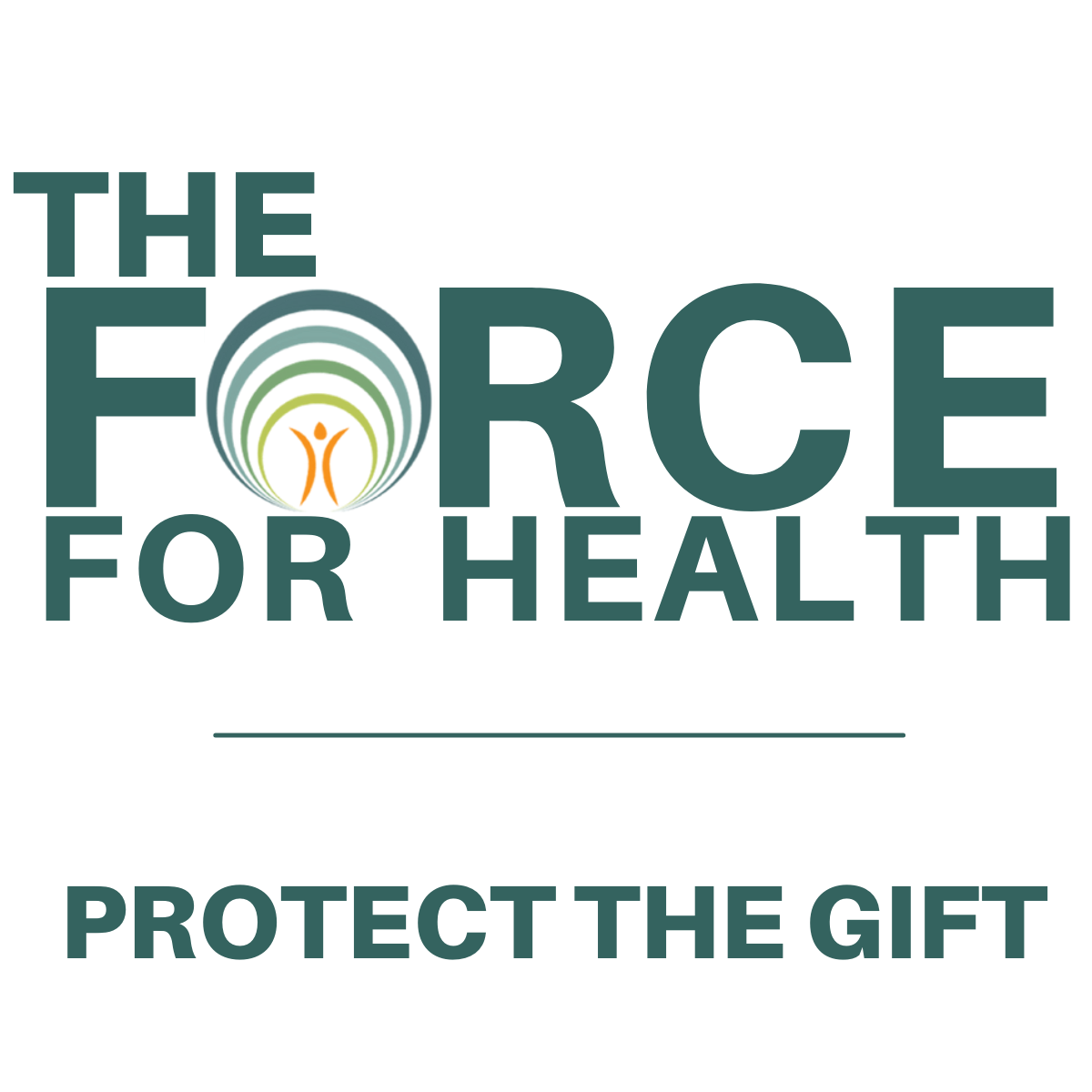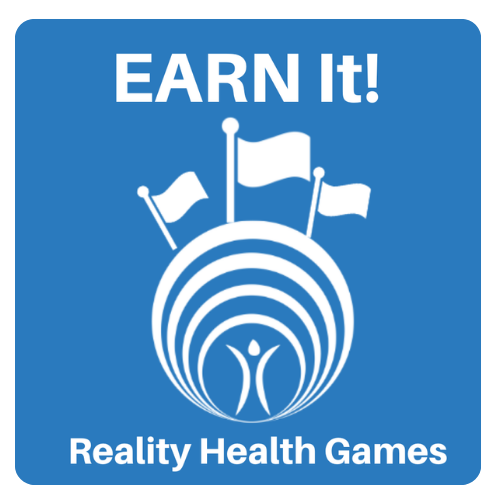
Surgical smoke: Improving Veteran safety in the operating room
Surgical smoke is the unwanted by-product of energy-generating devices that are used in 90 percent of all surgeries. Its contents include toxic chemicals such as benzene, formaldehyde, hydrogen cyanide and carbon monoxide, as well as viruses, bacteria, blood and cancer cells.
Studies compare the inhalation of smoke from vaporized human tissue to the smoke created by 27-30 cigarettes.
Gulf Coast VA is the first and only health care system in Mississippi to receive the Gold Level Go Clear Award for its achievement in eliminating hazardous smoke from its surgical procedures.
The Go Clear Award is presented by the Association of periOperative Registered Nurses (AORN) to recognize health care facilities across the nation that have committed to providing increased surgical patient and health care worker safety.
They do this by implementing practices that eliminate smoke caused by the use of lasers and electrosurgery devices during surgery.
“Why our Veterans choose VA.”
“I am so proud of our clinical and administrative teams who worked together to improve the safety and surgical outcomes for our Veterans,” said Dr. Stephanie Repasky, interim medical center director. “This is a shining example of why we are the best health care system for our Veterans and why our Veterans will continue to choose VA.”
Working together to improve the safety and surgical outcomes for our Veterans
Operating Room Nurses Sheena Strong and Kristin Mate submitted a project to the VHA Innovators Network Spark-Seed-Spread Investment Program, titled “Greening the Operating Room: One Wrapper at a Time.”
The project consisted of a three-tier approach to improve the environment and safety within the operating room for Veterans and staff.
The project included:
- The recycling of recyclable materials
- Implementation of closed fluid management devices
- The mandate of surgical smoke evacuation devices
“An honor to provide world class health care to our Veterans”
The VHA Innovators Network assisted with implementation and funding of the smoke evacuation and fluid management devices. All three initiatives have been successfully implemented.
Kristi Antonucci, peri-operative registered nurse, and the operating room team, successfully completed the final steps to achieve the AORN Go Clear Award. This was achieved by extensive team education and training performed by Antonucci and the OR team.
“I wanted to initiate a project that would benefit our Veterans and our team,” said Mate. “It truly is an honor to be able to provide world class health care to our nation’s heroes. I am proud that I was able to make that care even better!”
About the VHA Innovators Network
The VHA’s Innovators Network was launched in 2015 to build and empower a community of VHA front-line employees who actively move the organization forward by innovation.
The VHA Innovation Network’s (iNET) Spark-Seed-Spread Innovation Investment Program is an initiative designed to employ a diverse range of practices using innovation to deliver a better experience for Veterans, their caregivers and VA employees. Check out the VHA Innovators Network website to learn more.
Recommend0 recommendationsPublished in Force for Health® Network News, My Healthy Veteran










